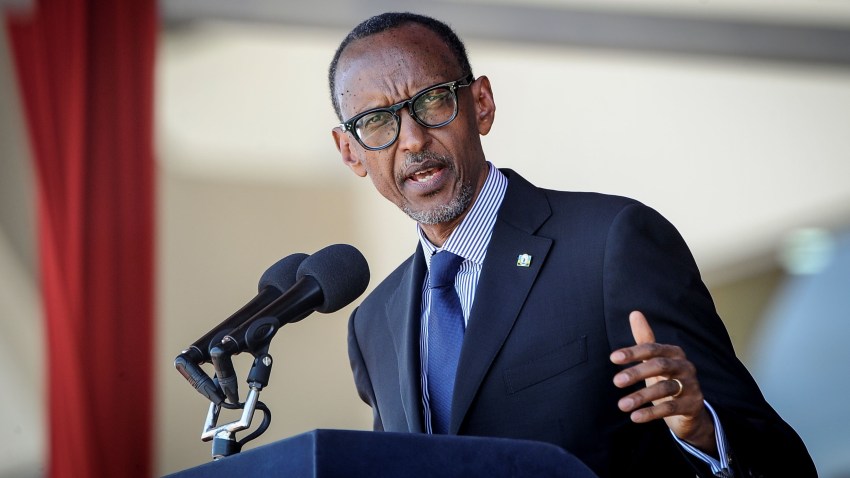Rwandan President Paul Kagame is set to be reelected for a fourth term Monday as Rwandans vote in presidential and legislative elections. Kagame has held power for three decades since leading the rebel group that took control of Rwanda and ended the genocide in 1994. (AP)
Our Take
Rwanda’s elections Monday are far from a free and fair vote, especially the presidential election. During his time in power, Kagame and his regime have routinely targeted any meaningful opposition, using tactics ranging from a weaponized judicial system to enforced disappearances and killings—including transnational repression—to silence critics and opponents. Seven years ago, in the last presidential election, Kagame received 99 percent of the vote. A similar result is expected next week.
The legacy of the genocide—in which 800,000 people, mostly ethnic Tutsis, were killed by extremist Hutus—also continues to play a huge role in Rwanda. For understandable reasons, Kagame’s image as the leader who not only ended the genocide but guided the nation’s reconstruction in its aftermath has given him an almost untouchable status domestically. At the same time, however, his regime has politicized that legacy, with Kagame’s critics at home and abroad routinely portrayed as genocide-deniers.

